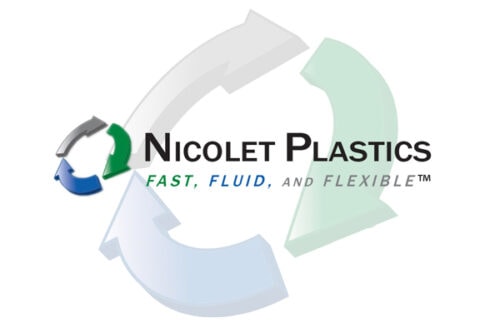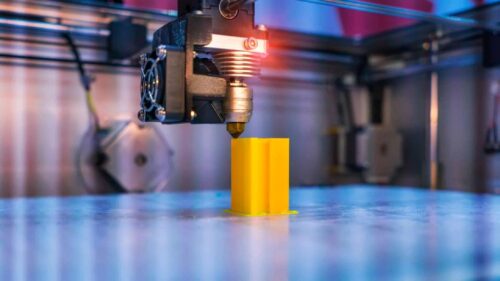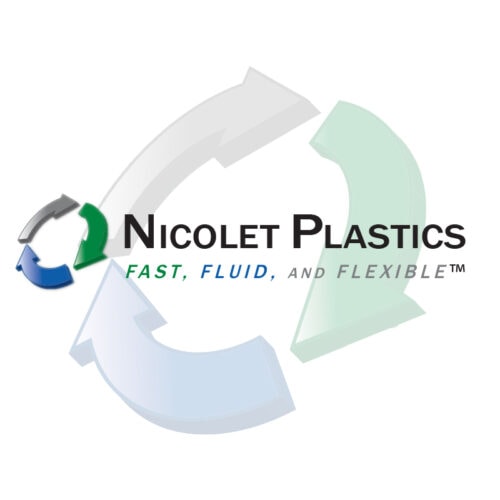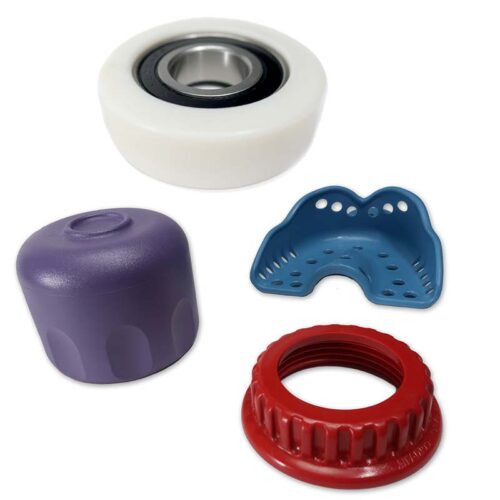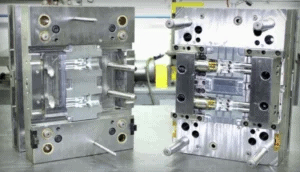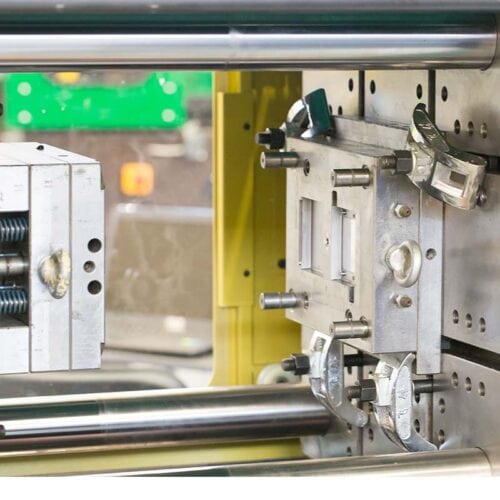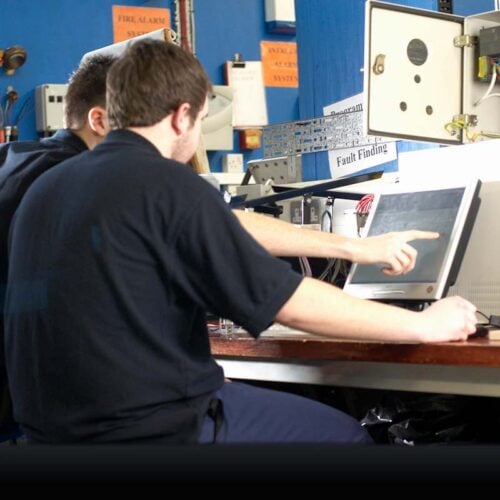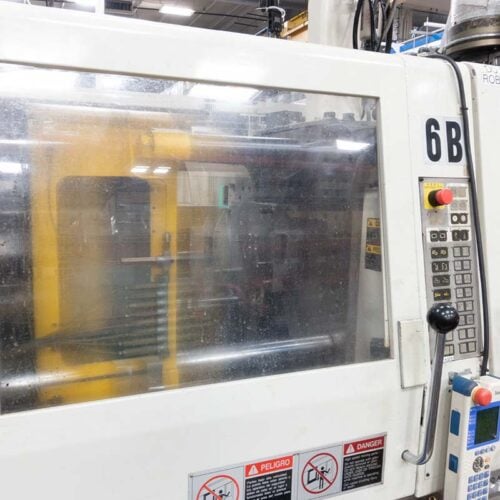The manufacturing process can be a complicated one and there are many factors to consider when choosing a plastic injection molding partner that best suits your industry, unique products and production requirements. First and foremost, the best place to start is by gaining basic knowledge of the plastic molding process. Explained in its simplest form, the process uses polymers or plastic resins that when heated, melted and injected under high pressure into a custom mold, will produce plastic parts to be utilized in product manufacturing. While that process seems straightforward, many manufacturers need an injection molder partner that can produce highly complex parts and caters to their unique industry needs, specifications, end-uses and time / budget constraints.
These are the key factors any product manufacturer should consider when choosing a plastic injection molder:
1. Volume Specialization & Capacity:
With over 16,000 injection molders in the U.S., selecting the best molder for your part can seem overwhelming. The best place to start is by narrowing down your options based on your volume and size requirements. Low to moderate volume molders specialize in the production of parts under 10,000 units. Selecting a low to moderate volume molder may be an ideal choice if you need to quickly produce a prototype to test a part.
In addition, low to moderate volume molders are perfect for applications that don’t require hundreds of thousands of parts (such as medical devices, aerospace, agriculture and more), or bridge tooling (tooling that bridges the gap between small production runs for market testing and full-production tooling).
High volume molders specialize in jobs requiring over 750,000 parts and typically produce parts requiring small-sized molds.
2. Compliance with Specifications:
Having to compromise puts product manufacturers in a challenging situation. Regardless of the details involved, there is likely a company that can produce your part without specification sacrifices. Injection molder partners should be able to make strong recommendations based on the specifications you require without having to make significant compromises.
Recommendations should stem from the injection molder’s experience, expertise and knowledge of the latest technologies. Specification changes may include minor design tweaks, alternative resin suggestions, and other ways you can save time and money during the design, development and production process.
3. Expanded Services & Technology:
Not all injection molders offer expanded services or the technology needed to help design parts for manufacturability. Working with a molder who offers prototyping, part design services, quick response manufacturing, in-depth mold flow analysis and more – in addition to their traditional service offerings – will help you create valuable cost and timing efficiencies in regard to getting your product to market.
An important factor to note is that the greatest efficiencies with overall project time and budget happen early in the development cycle – specifically the design process. That’s why it is critical to choose an injection molder that can become involved early in the design process, understand your objectives and can predict production issues before they occur.
4. Quality & Efficiency:
In addition to complying with your specifications, your injection molder partner should be established and committed to providing the best service possible. Answering these questions will help provide the necessary insight for you and your team to select an injection molder that best suits your company’s needs:
- Do they own high quality and efficient machines that work well?
- Have they been recognized in the industry as a manufacturer of status or has the company won awards for performance?
- Do they focus on the elimination of dysfunctional variability, such as organizational issues that can cause rework?
- Do they offer a robust mold maintenance program?
- Is project management software used to ensure the highest level of communication and efficiency throughout every step of the part design and development process?
- Do your parts need to pass strict inspections or meet high safety and quality standards?
- Is your injection molder ISO certified?
5. Product Application:
The intended use for your part or product application is critical as should be kept top of mind throughout every step of the design, development and production process. Plastics are an amazing material that can be used for many applications. While there are some circumstances that plastics cannot provide the required strength or tensile stress needed, there are many circumstances that metal parts can actually be converted to plastic to minimize weight and cost. Injection molders should consider a part’s end use to make the best recommendations in regard to design, material and production techniques.
6. Time:
Building a mold for a plastic injection molded part can range from 4-12 weeks. All representatives involved in the process should factor design revisions, part complexity, communication between designers, engineers and other individuals involved in the process, as well as account for unexpected events like shipping delays, etc. It’s always best to communicate your time constraints with an injection molder partner as early as possible to gauge their capacity and ensure you get the final production parts in hand on time.
If you’re like most product manufacturers, you have unique and specific needs. It is crucial to the success of your part that you work with an injection molder that understands your expectations and challenges. Taking these important considerations into account will help you streamline the process of choosing a plastic injection molding part manufacturer.
Are you looking for an experienced, quality-focused injection molder that specializes in low-volume production? Learn how Nicolet Plastics offers customized products and quick response in every stage of your part production.

